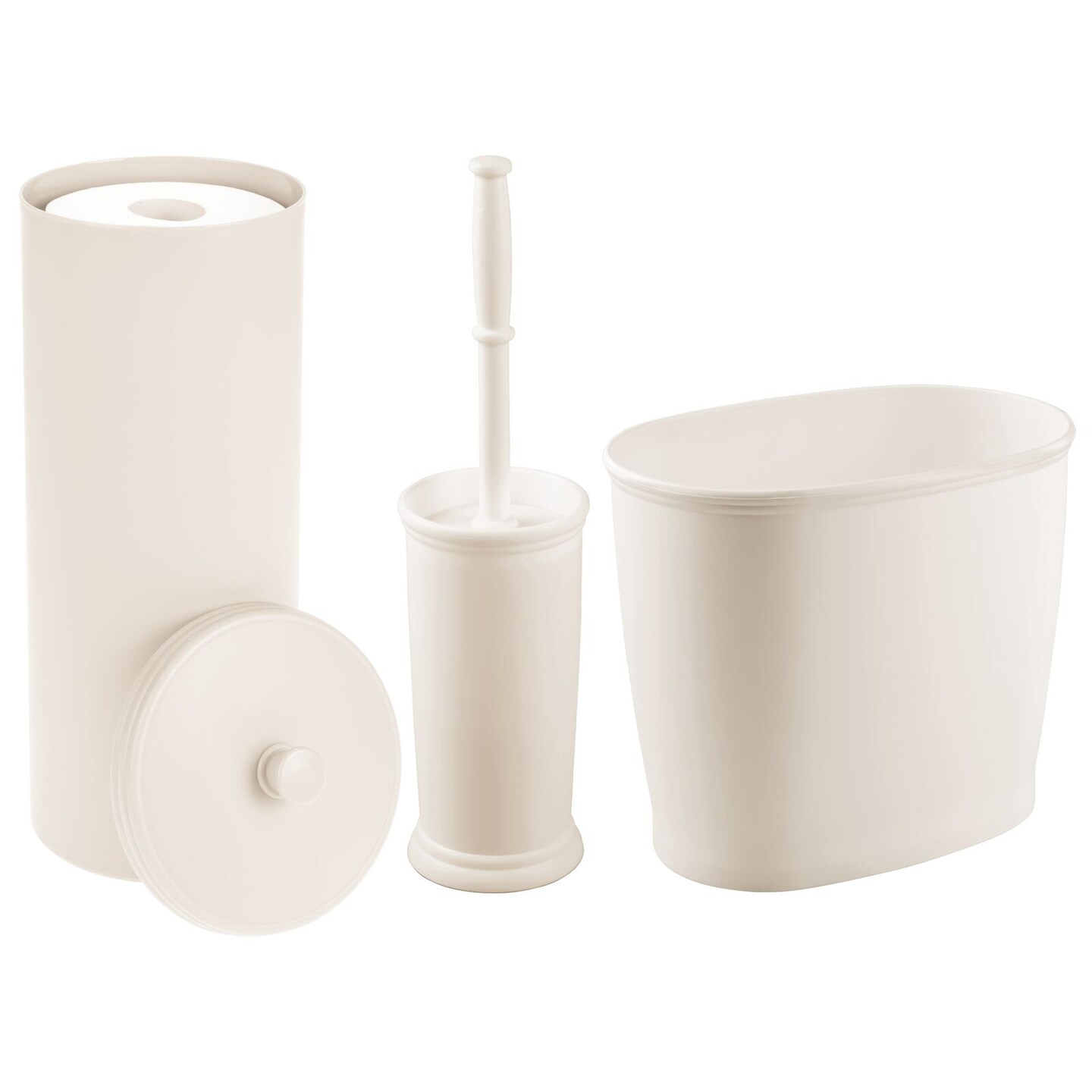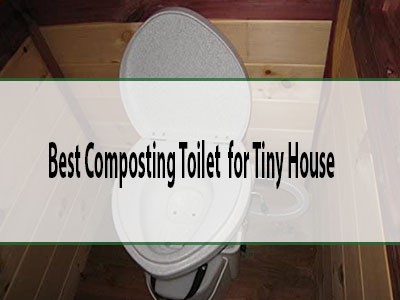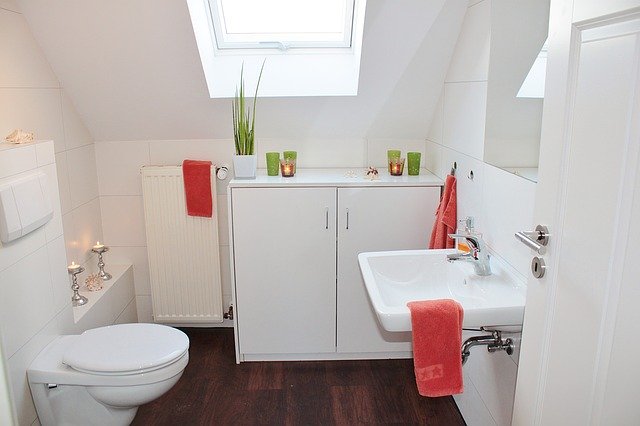Imagine walking into your bathroom and being greeted by unpleasant odors and unsightly stains. It’s not just an eyesore—it’s a breeding ground for germs.
Have you ever wondered what really happens when your toilet isn’t kept clean? You might think that skipping a scrub here and there is harmless, but the consequences can be more serious than you think. By neglecting this crucial task, you’re inviting a host of health risks and hygiene problems into your home.
Don’t let your toilet become a hidden culprit affecting your well-being. Keep reading to discover the surprising effects of a dirty toilet and how it impacts your daily life. Your family’s health could depend on it.

Credit: www.michaels.com
Table of Contents
Health Risks
Dirty toilets can spread bacteria quickly. Germs like E. coli and Salmonella thrive in filth. They can cause stomach pain and diarrhea. Washing hands is not enough if the toilet stays dirty. Children and older adults are at higher risk.
Viruses such as the flu can live on toilet surfaces. Unclean toilets become a hub for these germs. Sharing a toilet increases the risk of getting sick. Even touching the toilet handle can spread viruses.
Fungi love damp places. A dirty toilet is perfect for them. Mold and mildew can grow on surfaces. Breathing mold can make you feel sick. It can lead to allergies and breathing problems. Keeping the toilet dry helps stop fungi.

Credit: www.instagram.com
Impact On Indoor Air Quality
Dirty toilets can produce bad smells. These smells come from harmful gases. These gases include ammonia and methane. Such gases are not good to breathe. They can make the air inside dirty. This dirty air can cause headaches. It can also make you feel sick. Keeping the toilet clean can help. A clean toilet stops these gases from spreading.
Germs and mold can grow in dirty toilets. These can cause allergic reactions. Sneezing and itchy eyes are common. Some people may have trouble breathing. Keeping a clean toilet can help reduce these reactions. It can make the air safer to breathe. A clean toilet is important for good health.
Plumbing Issues
A dirty toilet can cause clogs and blockages. Dirt and waste build up over time. This makes it hard for water to flow. The pipes get blocked. Water can’t pass through easily. This leads to bigger problems. Sometimes, the toilet might overflow. Cleaning helps keep these problems away.
Not cleaning can lead to pipe corrosion. Chemicals in waste harm the pipes. Over time, they eat away the metal. This makes the pipes weak. They might break or leak. Fixing pipes can be costly. Regular cleaning keeps pipes strong. It saves money in the long run. A clean toilet means healthy pipes.
Aesthetic And Comfort Concerns
Bad smells spread in the home quickly. They make rooms feel dirty. Fresh air is blocked by these odors. Guests notice them right away. Comfort decreases with strong smells. It is hard to relax. Breathing becomes difficult sometimes. Keeping toilets clean avoids this problem.
Stains appear when toilets are not clean. Brown marks on the bowl look bad. They make guests uncomfortable. People think the toilet is not cared for. White toilets should stay white. Stains leave a bad impression. They are hard to remove if ignored. Cleaning regularly stops stains from spreading.
Pest Infestation
Dirty toilets attract many insects. Flies and cockroaches love dirty places. They find food and water there. These insects can carry germs. They spread sickness in homes. Keeping toilets clean can stop them. A clean toilet is not a good home for bugs. Bugs like dark and wet spots. Clean toilets stay dry and bright. This makes them less attractive to pests.
Rodents like mice and rats are clever. They find dirty toilets quickly. These creatures bring danger. They carry diseases and chew things. They can damage pipes and wires. Clean toilets can help keep them away. Cleanliness makes it hard for them to find food. A tidy space has no hiding spots for them. Keeping toilets clean protects homes from these unwanted guests.

Credit: m.yelp.com
Environmental Consequences
Dirty toilets need more water to clean. This means more water wastage. Clean toilets use less water. This helps save our planet’s water. Water is very important. We must use it wisely.
Cleaning toilets uses many harsh chemicals. These chemicals can harm the environment. They can enter rivers and lakes. Fish and plants can get hurt. It is important to use less chemicals. We must keep our earth safe.
Prevention And Maintenance
Clean the toilet every week. Use a brush and flush it. Focus on the bowl and seat. Germs hide in these spots. Scrub them well. Use gloves to protect your hands. Change them often. Disinfectant sprays work well. Spray them on handles and taps. Let them sit for a while. Rinse with water. Dry with a clean cloth.
Choose products that kill germs. Bleach is a strong cleaner. It removes stains and kills bacteria. Vinegar is natural and safe. It cleans and shines surfaces. Baking soda helps with tough spots. Mix it with water for better results. Always read labels. Follow instructions for safety.
Frequently Asked Questions
What Are Health Risks Of Dirty Toilets?
Dirty toilets can harbor harmful bacteria and viruses. These can lead to infections, respiratory issues, and gastrointestinal problems. Regular cleaning minimizes these risks and ensures a healthier environment. Neglecting cleanliness can also increase the spread of disease. It’s crucial to maintain hygiene for overall well-being.
Can A Dirty Toilet Cause Bad Odors?
Yes, unclean toilets can produce unpleasant odors. Bacteria and mold thrive in damp, dirty environments. These create foul smells that can permeate your home. Regular cleaning eliminates odor-causing agents. Additionally, proper ventilation helps reduce odors. Keeping toilets clean ensures a fresher, more pleasant bathroom experience.
How Does Toilet Cleanliness Affect Plumbing?
Dirty toilets can lead to plumbing issues. Residue buildup can clog pipes, causing blockages and slow drainage. Regular cleaning prevents mineral deposits and grime accumulation. This helps maintain smooth plumbing operations. Proper maintenance reduces repair costs and prolongs the lifespan of your plumbing system.
Why Is Toilet Cleanliness Important For Guests?
Clean toilets create a positive impression on guests. They indicate good hygiene standards and respect for visitors. A dirty toilet can make guests uncomfortable and reluctant to return. Regular cleaning ensures a welcoming environment. This enhances the overall hospitality experience and fosters positive relationships.
Conclusion
Maintaining a clean toilet is essential for health. A dirty toilet invites bacteria and germs. These can cause sickness and discomfort. Bad odors also become a problem. Clean toilets prevent infections. They improve the home environment. Cleaning does not take much time.
Basic supplies do the trick. Regular cleaning keeps toilets fresh and safe. Everyone benefits from this habit. Prioritize cleanliness for better health. Simple actions lead to a healthier life. A clean toilet is a happy toilet. Keep it clean; stay healthy.






